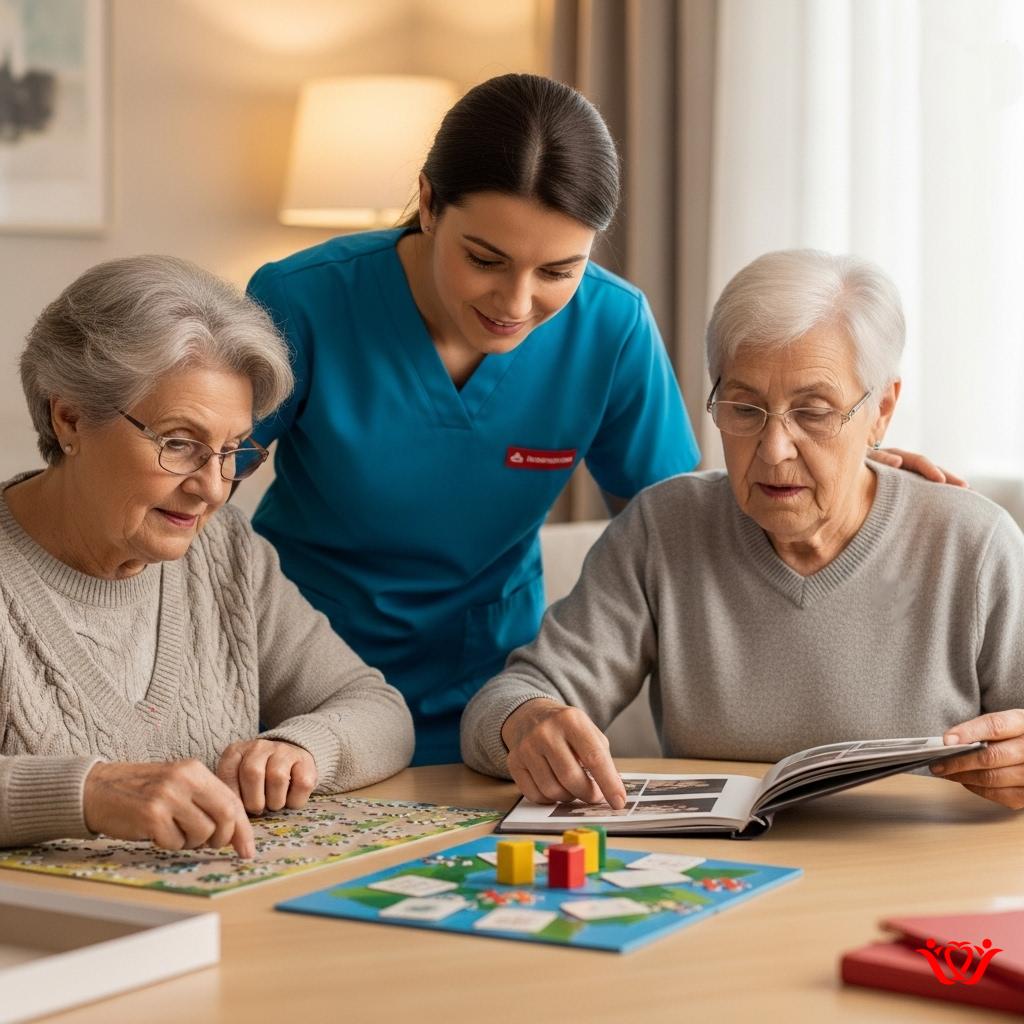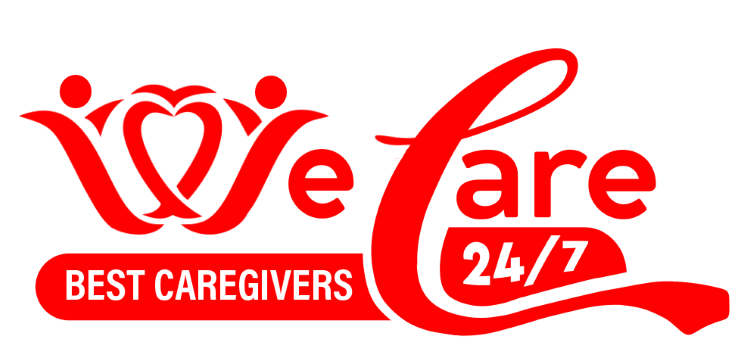Enhancing Well-being: 7 Cognitive Activities for NJ Seniors with Alzheimer’s

Engaging Minds, Enriching Lives: Cognitive Activities for New Jersey Seniors
As a leading home care agency in New Jersey, WeCare Home Caregivers understands the unique challenges faced by seniors living with Alzheimer’s disease and their families. Maintaining cognitive function and overall well-being is paramount. Engaging in regular, stimulating activities can significantly enhance quality of life, slow the progression of cognitive decline, and foster moments of joy and connection.
For families and caregivers across the Garden State, finding meaningful ways to interact with a loved one living with Alzheimer’s can be incredibly rewarding. The goal is not to reverse the condition, but to support existing abilities, reduce agitation, and provide a sense of purpose. This post explores seven effective cognitive activities tailored for New Jersey seniors with Alzheimer’s, designed to be implemented safely and effectively within a home environment.
The Importance of Cognitive Engagement for NJ Seniors with Alzheimer’s
Alzheimer’s disease affects millions nationwide, with a significant number residing right here in New Jersey. According to the Alzheimer’s Association, over 190,000 New Jersey residents aged 65 and older were living with Alzheimer’s in 2020, a number projected to increase substantially in the coming years. This statistic underscores the growing need for supportive care and effective engagement strategies.
Cognitive activities offer more than just mental exercise; they provide emotional and social benefits. Regular engagement can help manage behavioral symptoms, reduce anxiety, and improve sleep patterns. For seniors, these activities can restore a sense of dignity and accomplishment, while for caregivers, they provide structured opportunities for positive interaction and connection.
Choosing activities that are enjoyable and adaptable to varying stages of the disease is key. Success is measured not by perfection, but by participation and the positive emotional response elicited. Let’s explore some beneficial cognitive activities that can be integrated into the daily routine of New Jersey seniors with Alzheimer’s.
1. Reminiscence Therapy: Tapping into Personal Histories
Reminiscence therapy involves discussing past events, experiences, and memories, often using prompts like old photographs, familiar objects, or favorite music. This activity leverages long-term memory, which is often preserved longer in individuals with Alzheimer’s.
For New Jersey seniors, this could involve looking at photos of iconic local landmarks like the beaches of the Jersey Shore, the lighthouses of Cape May, or the vibrant streets of Hoboken. Discussing family gatherings, childhood homes in Newark or Trenton, or even past careers can spark conversation and evoke positive emotions. Simple questions like, "Do you remember going to" or "What was your favorite" can open doors to engaging dialogues. This activity is effective because it connects with an individual’s personal identity and life story.
2. Puzzles and Brain Games: Gentle Mental Stimulation
Engaging with puzzles and brain games provides structured mental stimulation. The key is to select activities that are appropriate for the senior’s current cognitive level to prevent frustration.
Consider large-piece jigsaw puzzles with images of New Jersey landscapes, like the Delaware Water Gap or Paterson Great Falls. Simple crossword puzzles, word searches with large print, or even matching games using picture cards can be beneficial. Card games like Go Fish or simple sorting activities involving buttons or colored blocks also work well. These activities help maintain problem-solving skills, improve focus, and offer a sense of accomplishment upon completion. Starting with easier versions and gradually increasing complexity, if appropriate, can maintain engagement.
3. Music Therapy: The Power of Melody and Rhythm
Music has a profound ability to evoke memories and emotions, often bypassing cognitive impairments. Even in advanced stages of Alzheimer’s, individuals may respond positively to music.
Create playlists of their favorite songs from their younger years – perhaps tunes from the 1940s, 50s, or 60s, or even classical pieces. Encourage singing along, tapping toes, or gentle dancing. Listening to classic New Jersey artists like Frank Sinatra or Bruce Springsteen can be particularly resonant. Music therapy can reduce agitation, improve mood, and facilitate communication, even when verbal expression is limited. It provides a non-verbal avenue for emotional expression and connection.
4. Art and Creative Expression: Unleashing Imagination
Art activities offer a wonderful non-verbal outlet for expression and can be adapted for various skill levels. The focus is on the process of creation, not the artistic outcome.
Simple activities include coloring books with large, clear designs, finger painting (using non-toxic paints), or drawing with crayons or thick markers. Working with clay or playdough can improve fine motor skills and provide a tactile experience. Creating collages from old magazines or photographs, perhaps featuring images of New Jersey places or themes, can also be stimulating. These activities promote self-expression, reduce stress, and can improve hand-eye coordination. They allow seniors to engage their imagination and find a sense of personal agency.
5. Reading and Storytelling: Engaging Narratives
Engaging with literature, even in simple forms, can stimulate cognitive processes and provide comfort. Storytelling, whether reading or creating narratives, offers a unique form of engagement.
Reading aloud from a favorite book, short stories, or even children’s books with simple plots and engaging illustrations can be calming. Magazines or newspapers with large print and interesting photos, perhaps featuring local New Jersey news or human interest stories, can also be used. Encouraging the senior to complete a familiar phrase or even assisting them in telling a simple story about their day or a past event can strengthen verbal skills and memory recall. This activity helps maintain language comprehension and encourages participation in a shared experience.
6. Gentle Physical Activity with Cognitive Links: Movement and Mind
Incorporating gentle physical activity that also engages the mind can be highly beneficial. Movement improves circulation to the brain, while the cognitive element adds an extra layer of stimulation.
Simple chair exercises that involve counting repetitions or naming body parts can be effective. Walking short distances in a safe, familiar environment, perhaps around a backyard in a suburban New Jersey neighborhood or within the home, while identifying objects or colors encountered, can be stimulating. Engaging in light gardening, such as potting herbs or watering plants, combines physical activity with sensory stimulation and memory of routine tasks. These activities promote balance, coordination, and can reduce restlessness, while the cognitive component keeps the mind active.
7. Practical Life Activities: Purposeful Engagement
Involving seniors in simple, purposeful household tasks can provide a sense of contribution and maintain practical skills. These activities should be simplified and supervised to ensure safety and prevent frustration.
Consider tasks like folding laundry, setting a table with a few items, sorting silverware, or helping to prepare simple meals (e.g., washing vegetables). For those who once enjoyed baking, measuring ingredients can be a familiar and engaging activity. Even simple sorting of mail or organizing a drawer can offer a sense of accomplishment. These activities tap into long-established routines and can enhance self-esteem by providing opportunities for meaningful participation in daily life. Adapting these tasks to the senior’s current capabilities is essential for success.
Tips for Successful Engagement and Support
When implementing these activities, patience and flexibility are paramount. Remember these important tips:
- Focus on Enjoyment: The primary goal is participation and connection, not perfect execution. Celebrate small successes.
- Adapt and Simplify: Adjust activities to the senior’s current abilities. Break down complex tasks into smaller, manageable steps.
- Maintain a Routine: Consistency helps reduce confusion and provides a sense of predictability.
- Create a Calm Environment: Minimize distractions and noise to help the senior focus.
- Be Patient and Encouraging: Alzheimer’s can make communication difficult. Offer gentle encouragement and avoid correcting mistakes overtly.
- Stay Flexible: Some days will be better than others. Be prepared to shift activities if a senior shows signs of frustration or disinterest.
- Consult Professionals: Discuss activity ideas with their doctor or an occupational therapist for personalized recommendations.
How WeCare Home Caregivers Can Help Your New Jersey Family
At WeCare Home Caregivers, we recognize that providing comprehensive care for a senior with Alzheimer’s requires a dedicated and compassionate approach. Our trained caregivers understand the nuances of Alzheimer’s care and are skilled in implementing engaging cognitive activities tailored to individual needs.
We provide personalized in-home care plans designed to support seniors across New Jersey, from Bergen County to Cape May, helping them maintain their cognitive abilities and quality of life within the comfort of their own homes. Our caregivers offer companionship, assistance with daily living activities, and engage seniors in meaningful interactions that promote mental and emotional well-being. We are committed to providing reliable, dignified care that respects the unique journey of each individual and supports their families every step of the way.
Providing Meaningful Moments in New Jersey
Engaging New Jersey seniors with Alzheimer’s in cognitive activities is a powerful way to enrich their lives, reduce behavioral challenges, and preserve their dignity. From sharing stories of local history to enjoying music or simple creative tasks, each activity offers an opportunity for connection and positive stimulation. These moments contribute significantly to their overall well-being and can bring comfort to both the senior and their loved ones.
If you are a New Jersey family seeking professional, compassionate in-home care for a loved one with Alzheimer’s, WeCare Home Caregivers is here to assist. We are dedicated to supporting your family with tailored care solutions that prioritize well-being and engagement. Learn more about our services and how we can make a difference by visiting the Alzheimer’s Association website for additional resources, or contact WeCare Home Caregivers today to discuss your specific needs. Together, we can create a supportive and engaging environment for your senior loved one.



